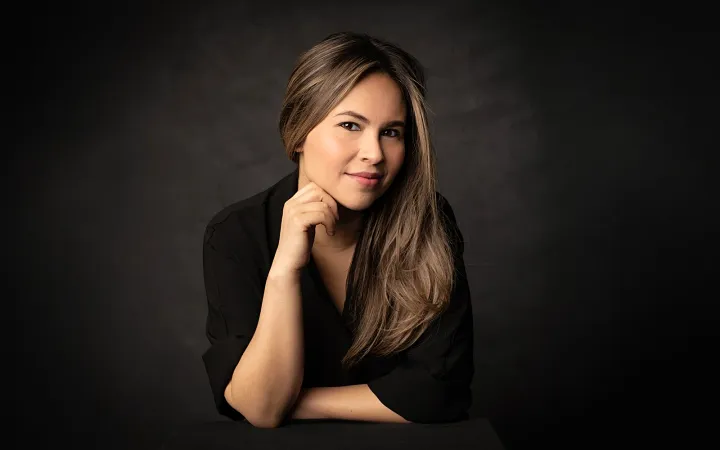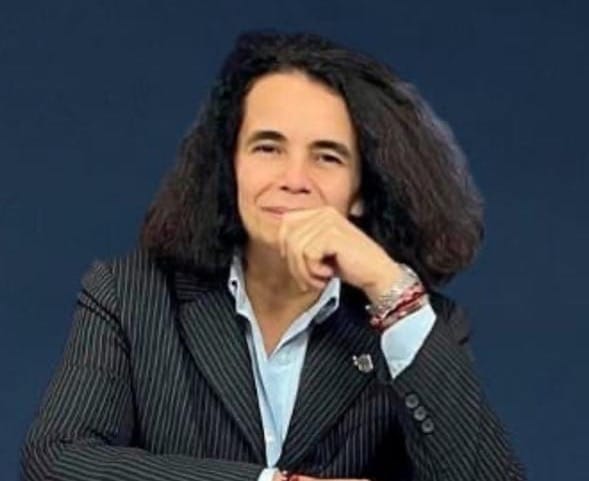Por Flor Aydeé Rodríguez Campos
Este 17 de octubre se conmemoró el 71 aniversario del voto femenino en nuestro país y esto me hace plantearme varias reflexiones, entre ellas que 71 años no es nada. Seguramente nuestras abuelas o incluso nuestras madres son aquellas mujeres que votaron por primera vez, que acudieron valientemente a las urnas, y digo valientemente porque segura estoy que fueron juzgadas por atreverse a decidir sobre cuestiones de la vida política de México. Recordemos que los roles de género, sobre todo hace 71 años, inferían que el lugar de las mujeres era en su casa cuidando a los hijos, no era nada normal que las mujeres participaran en los espacios públicos. Actualmente no reflexionamos sobre ese tipo de cosas porque asumimos que el contexto y las circunstancias eran las mismas que vivimos actualmente nosotras porque todo el tiempo escuchamos que “la política sigue siendo lo mismo”, pero hablar de la participación de las mujeres en la política necesariamente nos lleva a la historia del voto femenino.
Hoy que tenemos a la primera mujer Presidenta de la República, más allá de la aprobación personal o ideológica de la ciudadanía, es un buen momento para recordar todo lo que hemos recorrido las mujeres para que ese puesto lo ocupe ella. No olvidamos que en 1953 la Constitución nos reconoció como ciudadanas, es decir, obtuvimos el derecho a votar y ser elegidas para desempeñar cargos públicos. Seguimos honrando aquellos primeros esfuerzos de las mujeres por conquistar este derecho en el Primer Congreso Feminista en Yucatán en 1916, cuando por primera vez de forma colectiva las mexicanas nos unimos para levantar la voz y exigir el derecho al voto pasivo y activo de las mujeres por ello es necesario recalcar que este derecho lo obtuvimos luchando, no pidiéndolo por favor o dando las gracias, fueron muchas mujeres que nos antecedieron quienes formaron, incluso, un movimiento al que se le conoce como “Movimiento sufragista” que tuvo origen Estados Unidos a finales de la década de 1840, y en el Reino Unido donde las mujeres comenzaron a levantar la voz para exigir su participación en la vida pública siendo reprimidas, encarceladas e incluso perdiendo la vida.
El sufragismo cobra importancia porque es cuando las mujeres reivindicamos nuestra autonomía y lo hicimos de forma separada de otros movimientos. Kate Sheppard, Emmeline Pankhurst, Elizabeth Cady Stanton, Olympe de Gouges, Paulina Luisi, Clara Campoamor, Hermila Galindo, Laureana Wright, Elvira Carrillo Puerto, Refugio “Cuca” García y Amalia González Caballero son nombres que no debemos olvidar, ellas son quienes lucharon para que hoy podamos ejercer de manera libre este derecho.
El proceso electoral del pasado 2 de julio del 2024 es histórico no solo porque fue electa una mujer como Presidenta, sino porque fue el proceso electoral más grande y con mayor número de candidatas en la historia de México esto gracias a las reformas que se han llevado a cabo como la reforma por la paridad, la paridad en todos los niveles, la que reconoce a la violencia política en razón de género e incluso la Ley 3 de 3. El principal reto actualmente es el aumento de la violencia política en razón de género por la mayor participación de mujeres en los procesos electorales ya sea al interior de los partidos políticos, como pre candidatas, candidatas y como funcionarias cuando ya se encuentran ejerciendo sus funciones.
Mi intención al compartir estas reflexiones es hacer conciencia sobre lo mucho que nos ha costado a las mujeres ser tomadas en cuenta para la vida pública y política de nuestro país y del mundo en general. Tengamos siempre presente que ejercer el voto es una forma de honrar a todas estas mujeres que lucharon y que no vieron materializada la causa pero que hoy nosotras hacemos la diferencia porque no solo representamos más del 50 por ciento de la población y del padrón electoral, sino que también representamos el 43 por ciento de las personas votantes, (Estudio de participación ciudadana en elecciones federales 2021 del INE) lo que quiere decir que las mujeres somos quienes actualmente definimos el rumbo político de México.

Las opiniones expresadas son responsabilidad de sus autoras y son absolutamente independientes a la postura y línea editorial de Opinión 51.






Comments ()